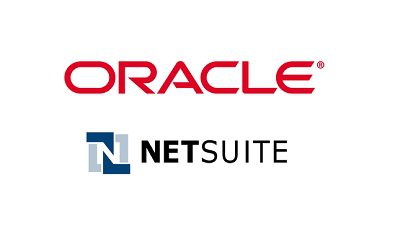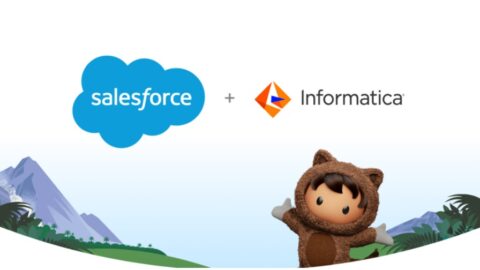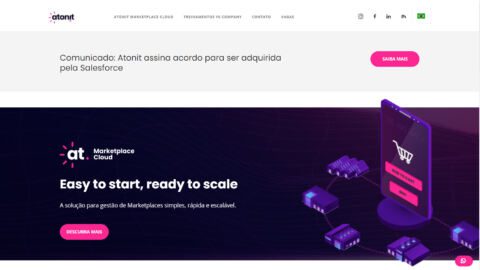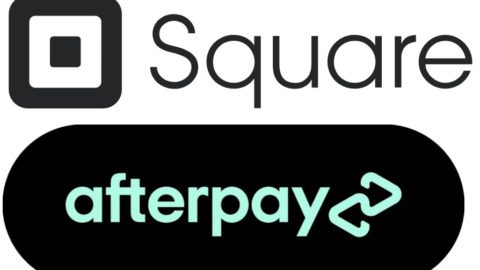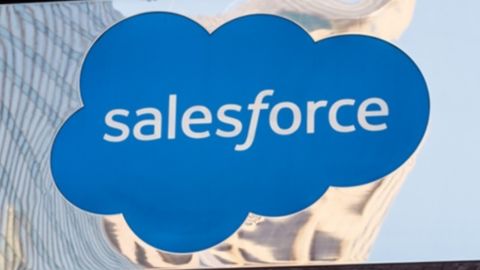Seeking to build up its cloud-based offerings, Oracle Corp. has purchased NetSuite for $9.3 billion in a transaction expected to close this year, subject to regulatory and shareholder approval.
It’s a big deal even for a serial acquirer such as Oracle, which paid $5.3 billion in 2014 for Micros Systems. The price tag for NetSuite marks a return to the size of pre-Great Recession deals such as Oracle’s hostile takeover of PeopleSoft in 2004 ($10.3 billion); another hostile takeover of BEA Systems in 2008 ($8.5 billion); and its purchase of Sun Microsystems in 2009 for $7.4 billion, according to The Wall Street Journal. Oracle chairman Larry Ellison is already NetSuite’s largest investor; entities owned by him and his family held nearly 40% of NetSuite’s shares, according to the company’s proxy statement filed in April 2016.
Nor is Oracle the only retail technology company on a shopping spree. Earlier in July, Infor acquired Starmount, following its purchase of Predictix in June and GT Nexus in 2015. In addition, Salesforce bought Demandware for $2.8 billion in June 2016, saying its intention was to create “yet another billion dollar cloud,” according to Salesforce CEO Marc Benioff.
“Oracle and NetSuite cloud applications are complementary, and will coexist in the marketplace forever,” said Oracle CEO Mark Hurd in a statement. “We intend to invest heavily in both products — engineering and distribution.”
“NetSuite has been working for 18 years to develop a single system for running a business in the cloud,” said Evan Goldberg, Founder, Chairman and CTO of NetSuite in a statement. “This combination is a winner for NetSuite’s customers, employees and partners.”
Experts See Biggest Impact On SMBs
Retail industry analysts believe this latest example of consolidation will affect technology choices for enterprises both in the U.S. and globally. The acquisition “could add to a freeze on the market, which Infor has already sort of initiated by its sheer presence at the enterprise level,” said Paula Rosenblum, Managing Partner, RSR Research. “This will do the same to the mid-market.”
Yet Oracle’s competitors still have strong points of differentiation. “I think they should tell the story that they have already integrated their suites and are in the business of helping their customers, not just acquiring companies (no offense meant to Oracle here),” said Rosenblum in an interview with Retail TouchPoints. “Oracle has a HUGE job ahead of it to rationalize its retail portfolio. I see a lot of overlap.”
Suketu Gandhi, a partner in the digital transformation practice of A.T. Kearney, agreed that the SMB segment will feel the effects of the acquisition most strongly. He also noted that the deal is another indication of the dominance of cloud solutions: “This is recognition on Oracle’s part that cloud is the future and that building and developing something for the cloud requires a bottom-up effort rather than making adjustments in your existing portfolio,” he said in an interview with Retail TouchPoints. “Genuine cloud offerings will continue to be in high demand as acquisition targets.”
When Customers Become Competitors
Oracle and other large tech companies may be neutralizing competitors via acquisition, but they also need to adapt to changes in retail technology itself. “Consolidation in large data companies is nothing new,” said Zach Ware, Partner, VTF Capital. “What is new is the ‘modular-izing’ of the technologies that enable retail companies of all sizes to build more valuable companies. For an analogy, consider the size of a cash register at a department store versus the iPad at a more innovative young retailer. Oracle is NCR.”
While retailers will continue to rely on solution providers for many of their technology needs, they are also taking advantage of the “do-it-yourself” nature of today’s tech stack. “Today’s generation of growing retail companies see themselves as technology companies as much as retail companies,” said Ware in an interview with Retail TouchPoints. “They build the same level of technology that Oracle provides but at a fraction of the cost, leveraging infrastructure from Amazon Web Services. What they can’t build themselves they plug in from startups like Segment and familiar companies like Square and Shopify.
“Innovation tends to be slower in larger companies, which over time tend to act more like rent seekers than innovators,” Ware added. “I think that’s happening in the big data industry.”
Who Will Be Gobbled Up Next?
Asked to speculate about Oracle’s next potential acquisition targets, A.T. Kearney’s Gandhi said “They will look for more ‘cooked’ rather than ‘raw’ acquisitions, perhaps in the human capital management space, as well as campaign management and online engagement of the customer.”
Rosenblum believes Oracle’s acquisition activity going forward will be “outside of retail. This is already too much to eat in one sitting.”



